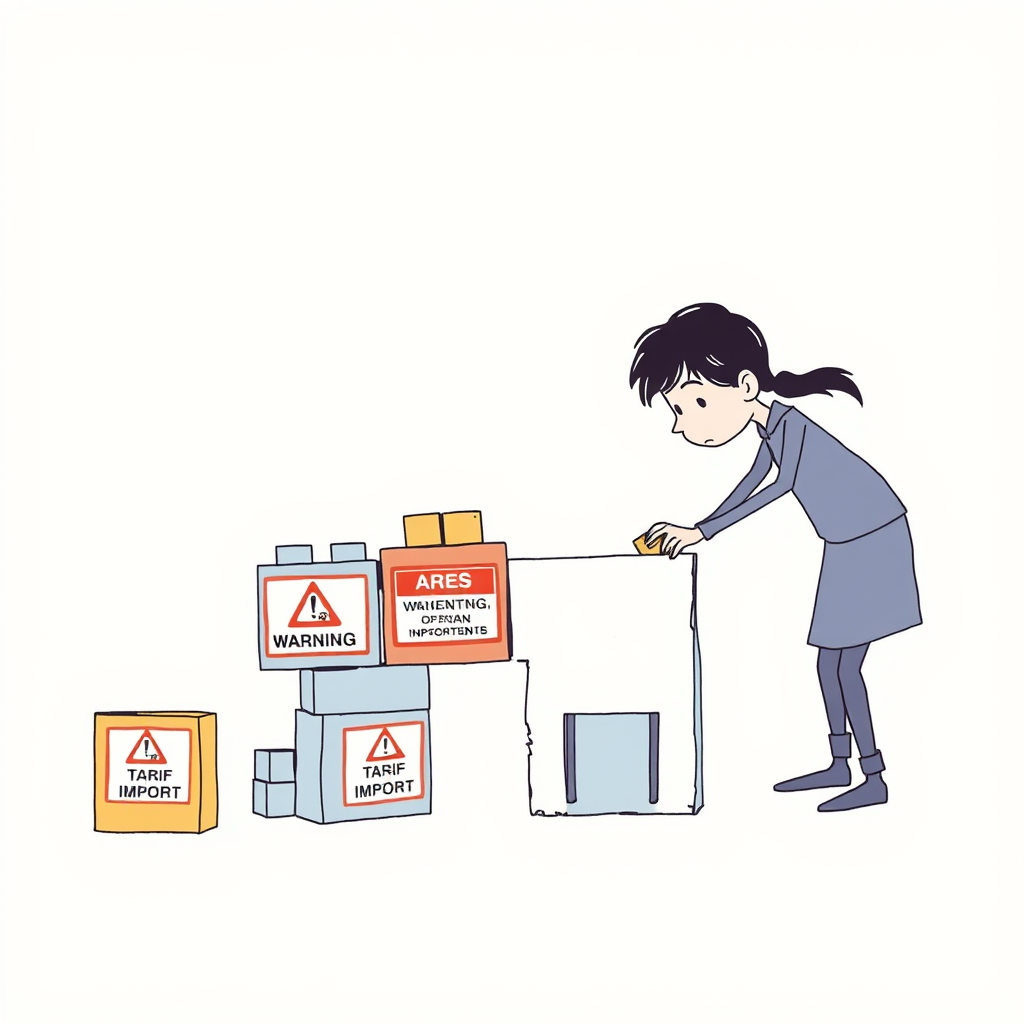Raising Kids Just Got More Expensive

Raising children in the United States is a significant financial undertaking, with estimates suggesting a middle-class family could spend nearly $320,000 over 17 years to raise a child born in 2015. These costs encompass essential needs like childcare, healthcare, food, clothing, education, transportation, and recreational activities. Recent and ongoing tariff policies implemented by the Trump administration threaten to further inflate these already substantial expenses.
The impact isn’t limited to household budgets. Companies specializing in children’s products are bracing for increased costs, and some CEOs predict certain items may become unavailable to consumers altogether. While the rising cost of raising a family is a perennial concern, the addition of tariffs feels particularly burdensome, effectively acting as a tax on parenthood.
It’s a concerning development, as access to essential goods for children shouldn’t be subject to political trade maneuvers. While trade policy is complex, the direct impact on families – particularly those already struggling with economic pressures – deserves greater consideration. The long-term consequences of making child-rearing even more expensive could extend beyond individual household budgets, potentially impacting birth rates and overall economic stability. It’s a situation that demands a more nuanced approach, prioritizing the well-being of families alongside broader economic goals.